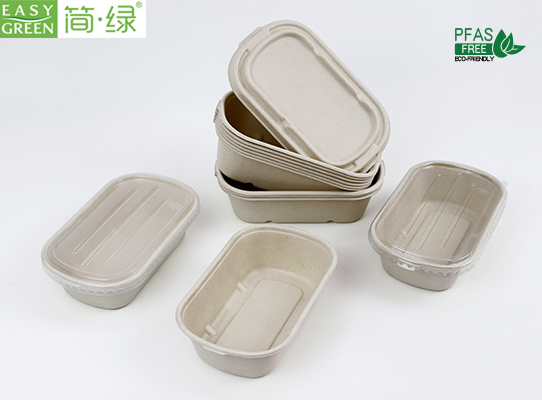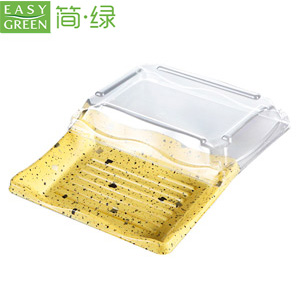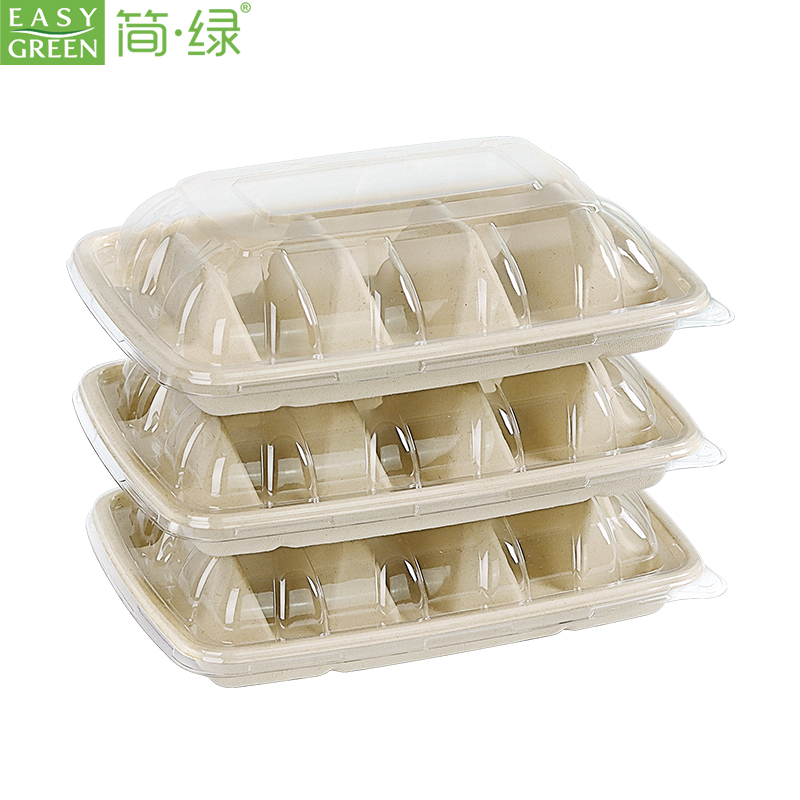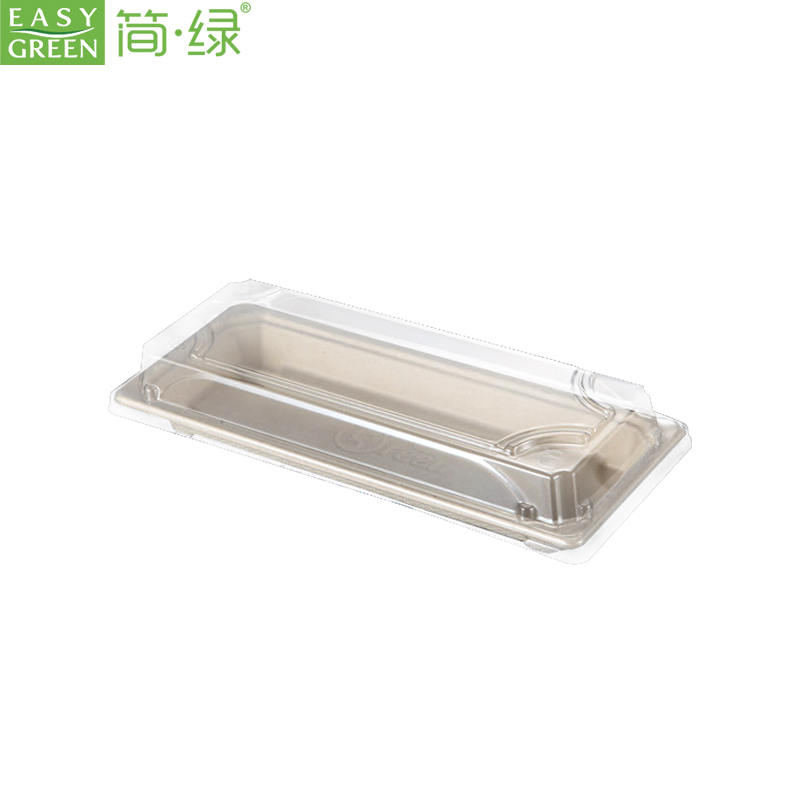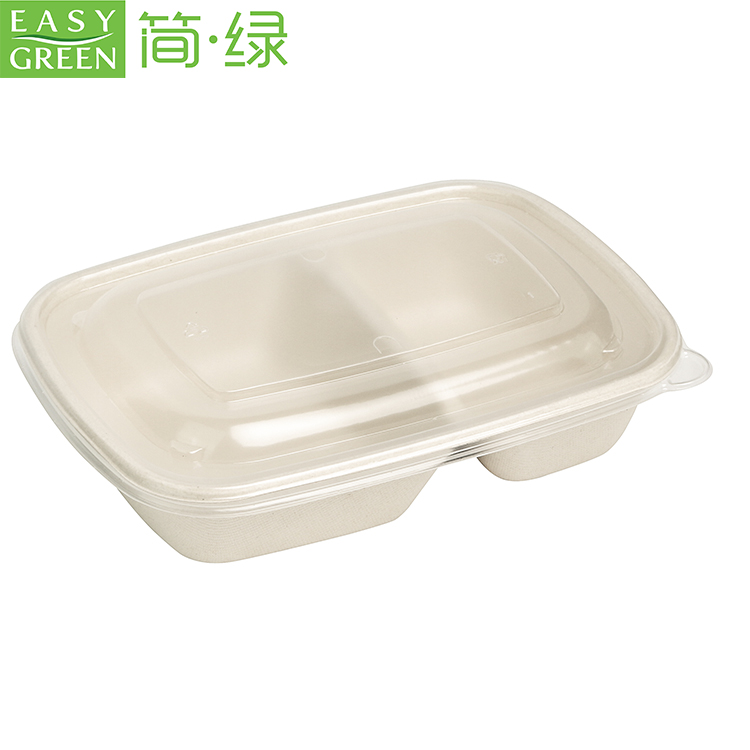In a world where sustainability is no longer a buzzword but a necessity, industries are striving to find eco-friendly alternatives that align with responsible practices. The food packaging industry, in particular, has been on a quest to reduce its environmental impact, and biodegradable materials have emerged as a game-changer. Let's delve into the realm of biodegradable food packaging and explore the array of benefits these materials bring to the table.
Understanding Biodegradable Food Packaging
Biodegradable food packaging materials are designed to break down naturally into harmless components, mitigating the harmful effects of traditional plastic packaging on the environment. These materials are derived from renewable sources and have a significantly lower carbon footprint compared to conventional plastics.
Environmentally Sound
One of the most compelling benefits of biodegradable food packaging is its positive impact on the environment. Unlike traditional plastics that can linger in the environment for centuries, biodegradable materials undergo decomposition within a relatively short period. They minimize the risk of pollution, reduce landfill waste, and contribute to healthier ecosystems.
Reduced Carbon Footprint
Biodegradable materials used in food packaging are often sourced from renewable resources such as cornstarch, sugarcane, or bamboo. The cultivation of these materials requires less energy and generates fewer greenhouse gas emissions compared to the production of petroleum-based plastics. This results in a significantly reduced carbon footprint.
Unveiling the Benefits
The adoption of biodegradable materials in food packaging offers a multitude of benefits that cater to both environmental concerns and consumer preferences.
Minimized Plastic Pollution
Conventional plastic packaging has led to significant plastic pollution in oceans and landscapes. Biodegradable food packaging provides a solution by breaking down naturally, eliminating the risk of microplastic contamination and reducing the burden on our ecosystems.
Improved Waste Management
Wholesale biodegradable packaging materials can be composted, offering an effective solution for organic waste management. When disposed of correctly, these materials contribute to nutrient-rich soil rather than ending up in landfills or oceans.
Consumer Appeal
In a world where conscious consumerism is on the rise, biodegradable food packaging aligns with the values of environmentally conscious customers. Brands that embrace eco-friendly packaging resonate with consumers and demonstrate their commitment to sustainable practices.
Challenges and the Path Forward
While the benefits of wholesale compostable packaging are significant, there are challenges that need to be addressed for widespread adoption.
Cost Considerations
Biodegradable materials can be more expensive to produce than traditional plastics. However, as technology advances and demand increases, economies of scale are expected to make these materials more affordable.
Education and Awareness
Educating consumers about the benefits and proper disposal methods of biodegradable packaging is crucial. Clear labeling and information campaigns can empower consumers to make sustainable choices.
Embracing a Greener Tomorrow
As the demand for sustainable alternatives grows, the food packaging industry is presented with a unique opportunity to embrace biodegradable materials. Collaboration between packaging manufacturers, food producers, policymakers, and consumers is essential to drive the shift towards more eco-friendly practices.
Eco-friendly bulk packaging is not just a trend—it's a vital step towards a more sustainable future. By reducing plastic pollution, minimizing carbon emissions, and resonating with conscious consumers, biodegradable materials offer a promising path to create an eco-friendly food packaging ecosystem. Embracing these benefits and overcoming challenges will ensure that our food packaging is not only functional but also aligned with responsible and ethical practices.
 English
English 
